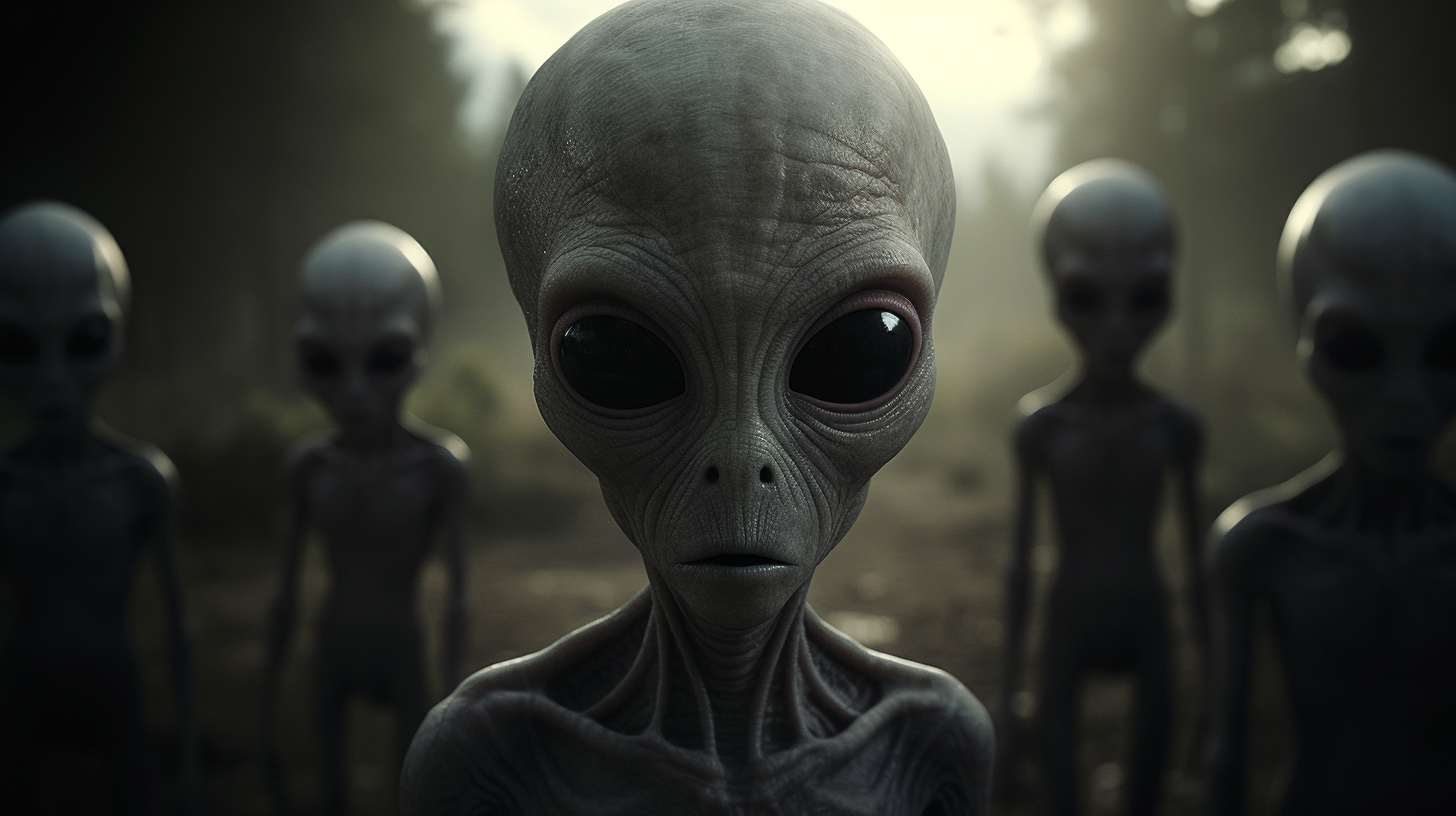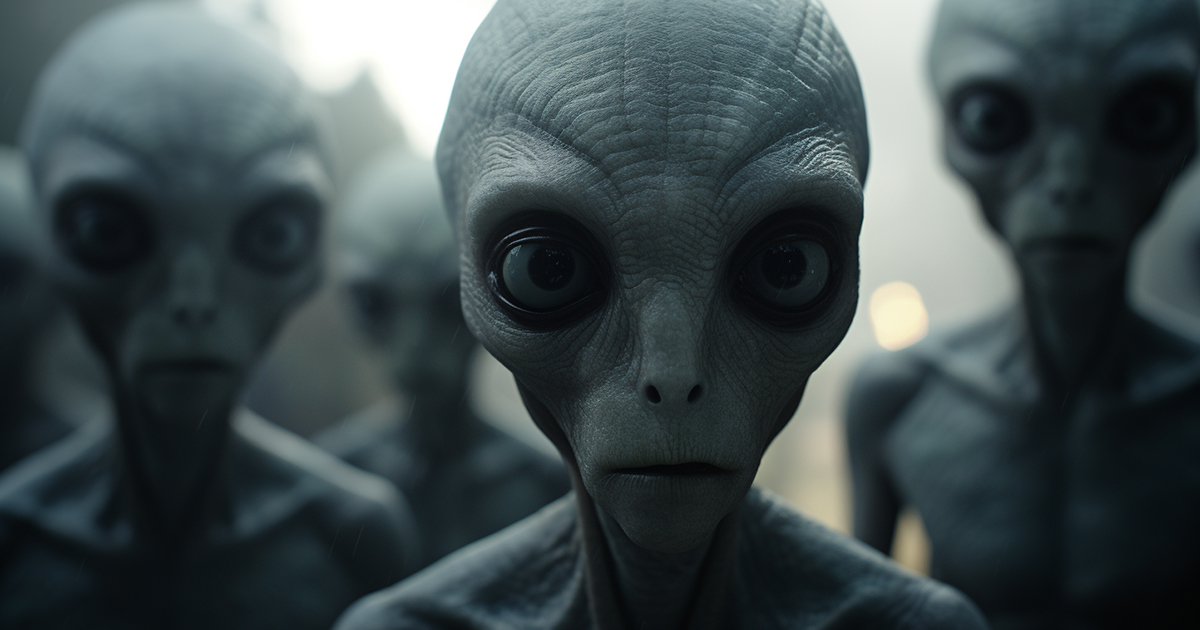In the realms of science and exploration, moments that challenge our belief systems shake the foundations of our perception of the world. A pivotal juncture unfolded in June 2019 when researchers at the University of Rochester disclosed a groundbreaking observation related to a small sap-sucking insect named the P 1/3. These insects, traditionally wingless, sporadically displayed wing growth when seeking new plant hosts. The scientists were astonished to find that the genes responsible for this transformation were associated with a virus. Furthermore, this virus had seamlessly integrated into the insect’s genetic framework, becoming a fundamental component of its host organism.
This discovery posed a thought-provoking question: could viruses transcend their conventional role as pathogens to potentially play a pivotal part in the intricate web of life on Earth and even beyond? As we delve into this captivating subject, we will probe the correlation between viruses, evolutionary mechanisms, and the intriguing prospect of extraterrestrial intervention.
Viruses occupy a distinct niche in the spectrum of life, straddling the boundary between living and non-living entities. Their ability to replicate and perform essential functions solely within a host cell renders them entirely dependent on other life forms. Dormant until activated, viruses await the opportunity to thrive and multiply within a suitable host, sparking contemplation about their role in the broader context of existence.

Consider the potential influence of extraterrestrial entities on human biology. Could beings from beyond our planet be manipulating our genetic composition? Initially seeming far-fetched, this idea gains traction when we factor in advocates of the ancient astronaut hypothesis, proposing that extraterrestrial entities might be steering a gradual evolution of humans not for our benefit but to serve their own objectives.
By drawing parallels to the revelations regarding aphids and wasps, a hypothesis postulates a mutually beneficial exchange between humanity and these extraterrestrial visitors. Just as the virus triggers wing development in aphids to aid in its dissemination, could these extraterrestrial beings be modifying human DNA to advance their agendas? This thought-provoking notion hints at a symbiotic advantage in this genetic interchange.
Another enthralling viewpoint suggests a fusion of human and alien genetic material to create an enhanced hybrid. Envisioning humanity as a canvas upon which extraterrestrial creators sculpt something unfathomable, this theory proposes a long-standing experiment initiated eons ago, molding our species into a new entity potentially viewed as superior by our extraterrestrial supervisors.
But how do viruses fit into this cosmic genetic orchestration? If viruses indeed constitute a vital element of Earth’s evolutionary path, could they also influence the evolution of life elsewhere in the cosmos? Picture a scenario where viruses are prevalent across the universe. Such a revelation could indicate a universal correlation between viruses and life evolution, establishing a link with every conceivable life form spanning the galaxies.
This leads to a more compelling query: could the saga of disease on our planet be not just a human tale but also an extraterrestrial narrative? Advocates of the ancient astronaut theory propose that the “alien infections” interwoven into our history are not aimed at our annihilation but rather at preparing us for an imminent encounter with our extraterrestrial kin.
In this captivating narrative, these infections act as subtle immunizations, configuring and priming humanity for the significant instant when we cross paths with our extraterrestrial counterparts. This notion challenges our comprehension of human history and the potential interchange between terrestrial and extraterrestrial influences.
Video:
As we ponder these cryptic connections between viruses, genetic evolution, and potential extraterrestrial involvement, we embark on a voyage of speculation and awe. The mysteries of the universe are vast, and with each exploration, we may unearth deeper links between life on Earth and the expansive cosmos. The quest to comprehend our position in the cosmos persists, drawing us closer to unraveling the enigmas that define our existence.
